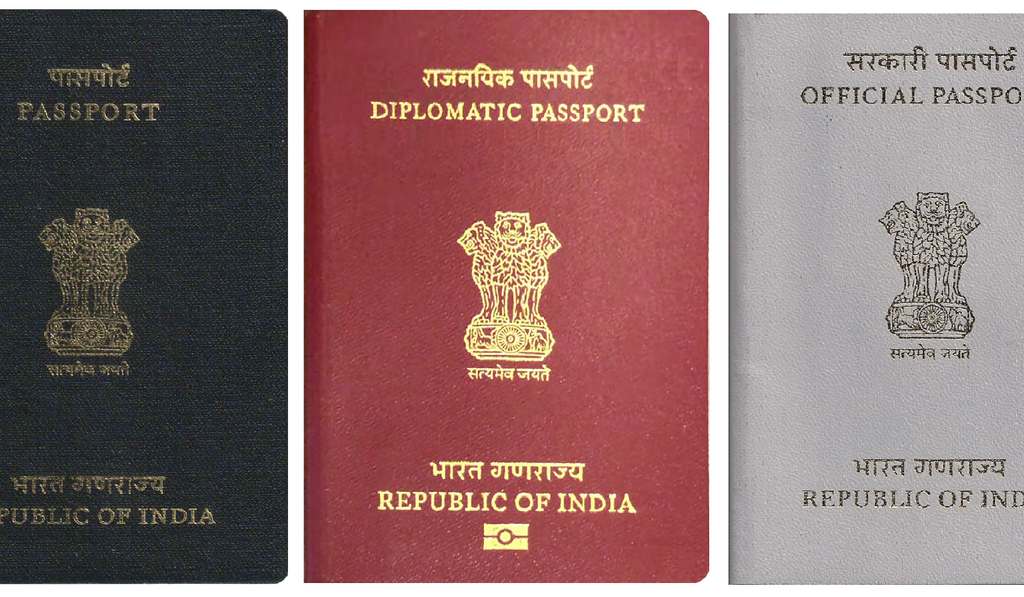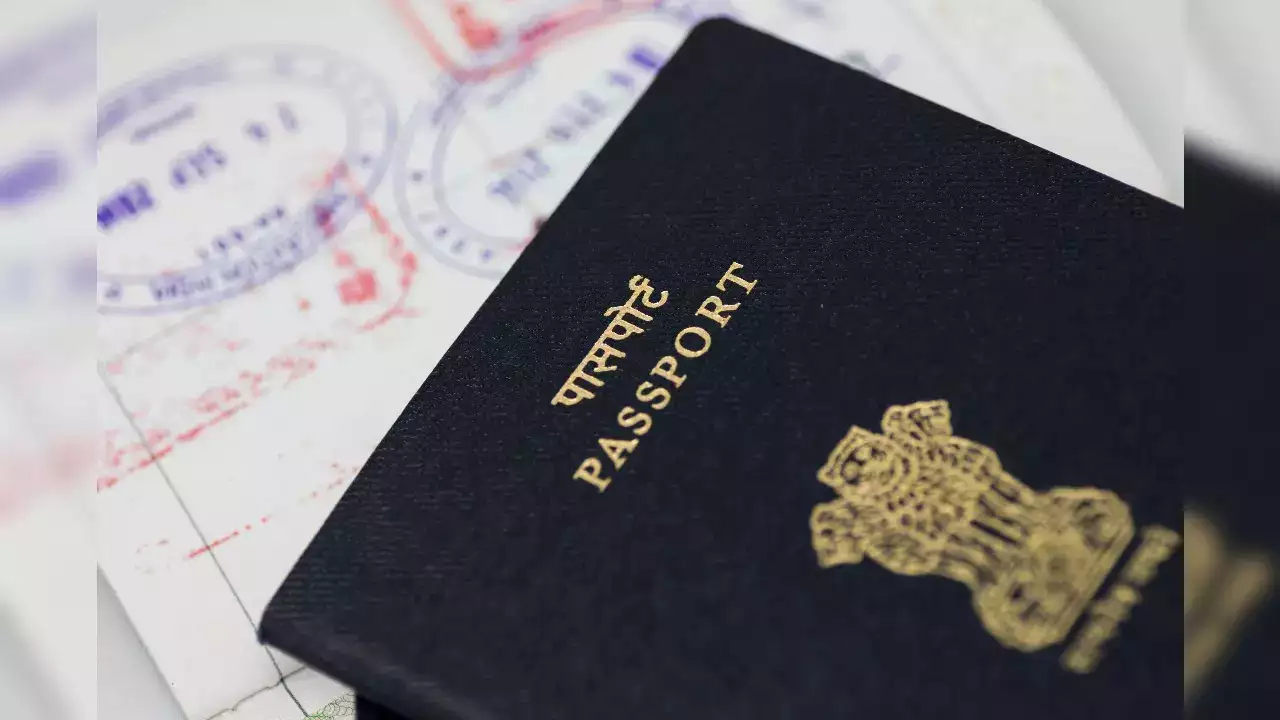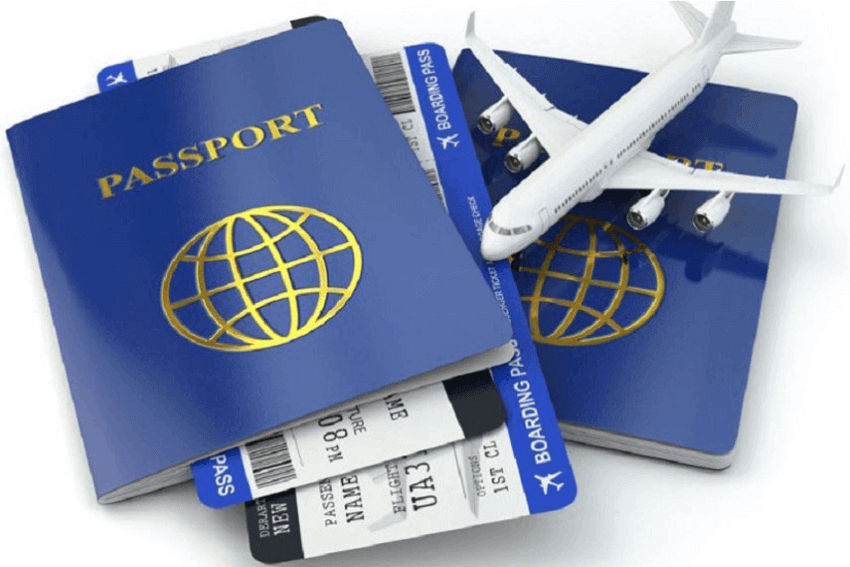Indian Passport
An Indian passport is a passport issued by the Ministry of External Affairs of the Republic of India to Indian citizens for the purpose of international travel. It enables the bearer to travel internationally and serves as proof of Indian citizenship as per the Passports Act (1967). The Passport Seva (Passport Service) unit of the Consular, Passport & Visa (CPV) Division of the Ministry of External Affairs functions as the issuing authority and is responsible for issuing Indian passports on application to all eligible Indian citizens. Indian passports are issued at 93 passport offices located across India and at 197 Indian diplomatic missions abroad.
In 2015, India issued about 12 million passports, ranking third only after China and the United States of America. Approximately 65 million Indians held valid passports as of the end of 2015.
As of 12 December 2022, only 7.2 percent (approximately 96 million) of Indian citizens possessed a valid passport, with Kerala having the highest number of passport holders of all Indian states. Previously, passports were not popular among the masses due to a time consuming and complicated process and limited access to the passport facilitation centres located only in major cities. With the expansion of centres and technological improvements, accompanied by increased outsourcing of professionals and an expanding middle-class, the percentage is expected to go up.
Type of passport:

Ordinary Passport (Dark Blue cover) is issued to ordinary citizens for private travel, such as for vacation, study and business trips (36 or 60 pages). It is a “Type P” passport, where P stands for Personal.
Official Passport (White cover) is issued to individuals representing the Government of India on official business, including members of the Indian Armed Forces stationed abroad. It is a “Type S” passport, S stands for Service. Since 2021, all Official Passports issued have been ePassports, with a data chip embedded into the document.
Diplomatic Passport (Maroon cover) is issued to Indian diplomats, Members of Parliament, members of the Union Council of Ministers, certain high-ranking government officials and diplomatic couriers, as well as their dependants. Upon request, it may also be issued to high-ranking state-level officials travelling on official business. It is a “Type D” passport, with D standing for Diplomatic. Since 2008, all Diplomatic Passports have been ePassports, with a data chip embedded into the document. Many visa requirements normally applied to Indian citizens are waived for Diplomatic Passport holders.
In addition, selected passport offices in India as well as overseas missions were authorised to issue regular India-Bangladesh Passport to Indian nationals resident in West Bengal and the North-Eastern States, India-Sri Lanka Passport to Indian nationals resident in Tamil Nadu and Puducherry and the India-Pakistan Passport to Indian nationals whose ancestral homes lay on the other side of the Radcliffe Line. These three passports respectively permitted travel to Bangladesh, Sri Lanka and Pakistan only and were not valid for travel to other foreign countries. Both India and Bangladesh stopped issuing the Indo-Bangladesh Passport in 2013 due to changes in ICAO regulations.


